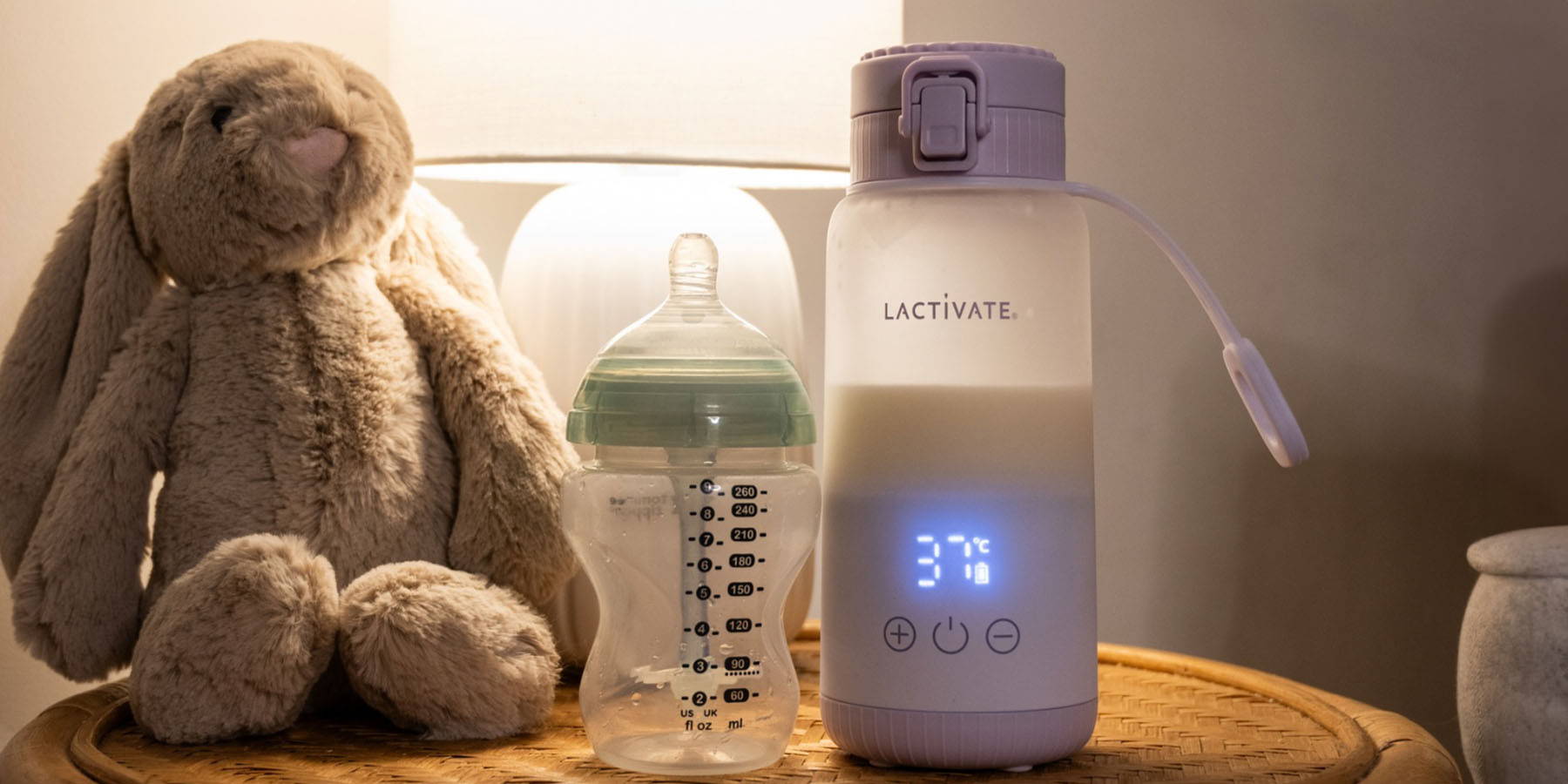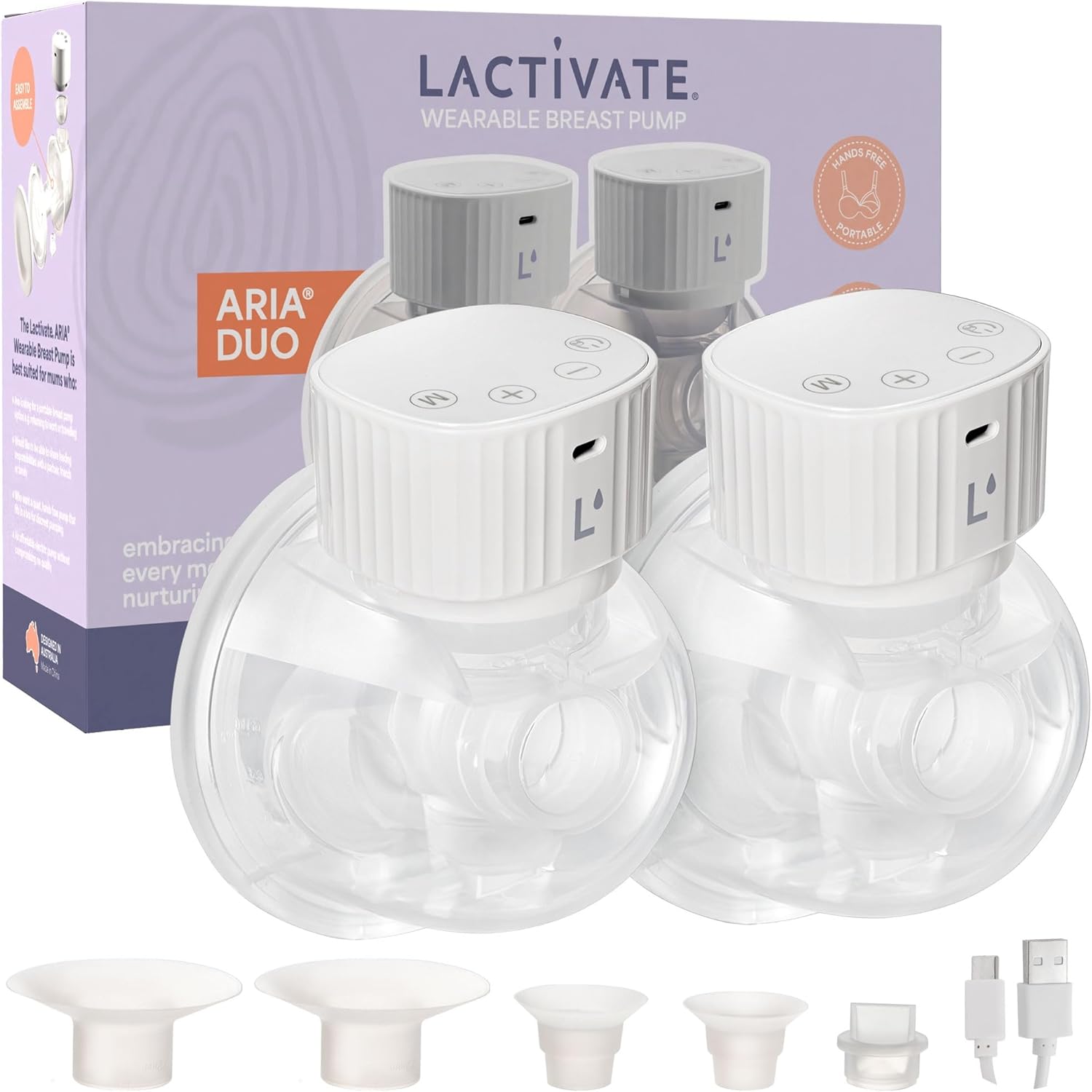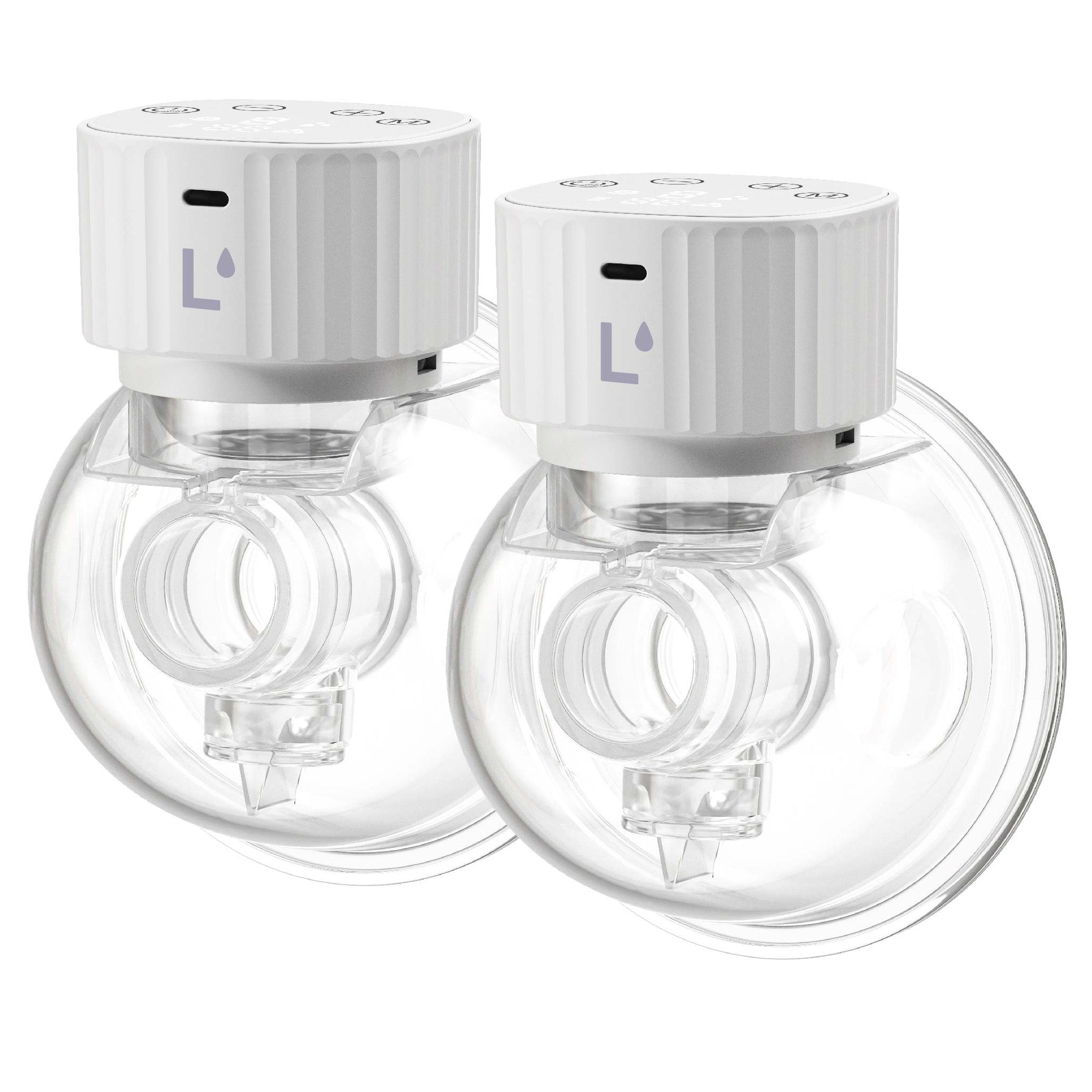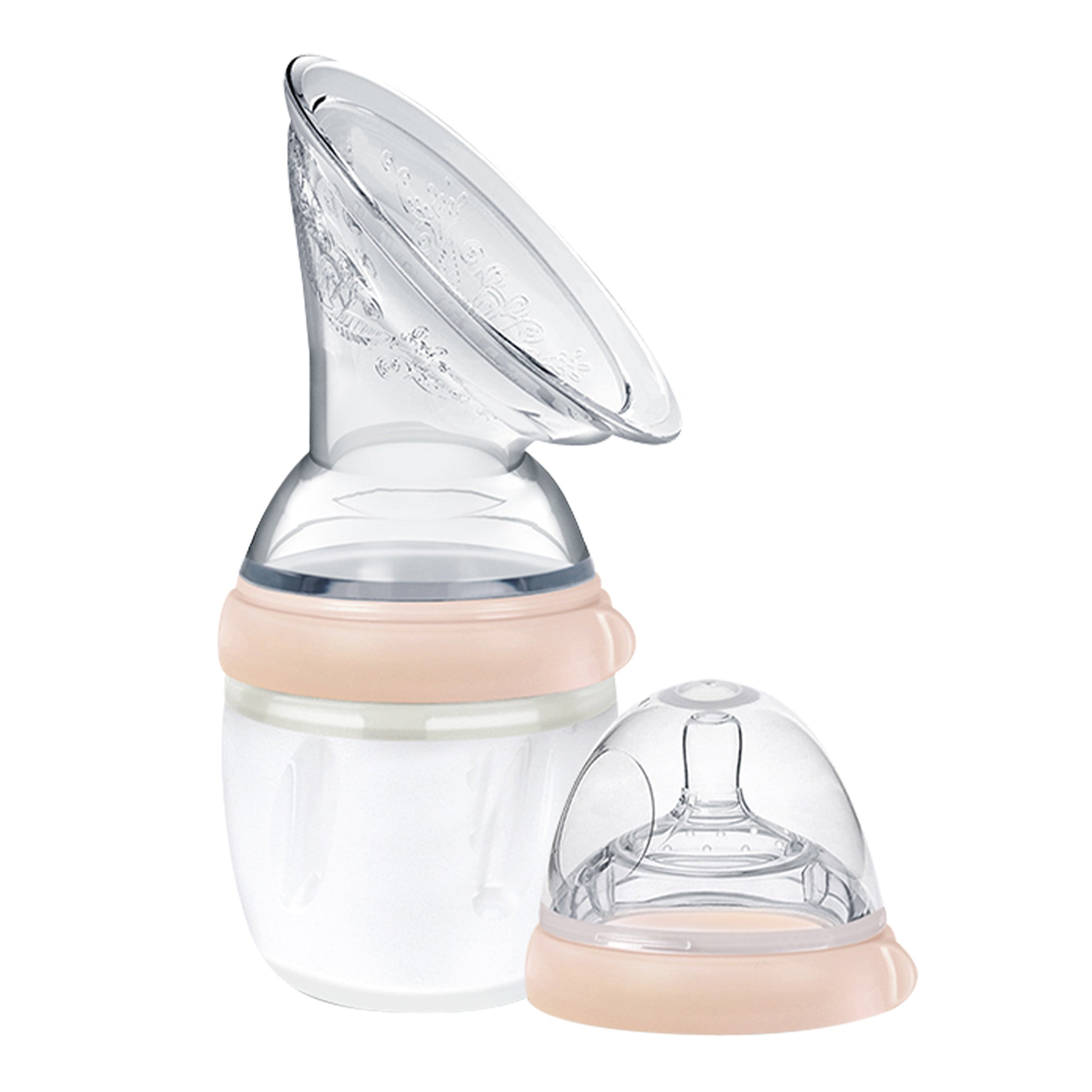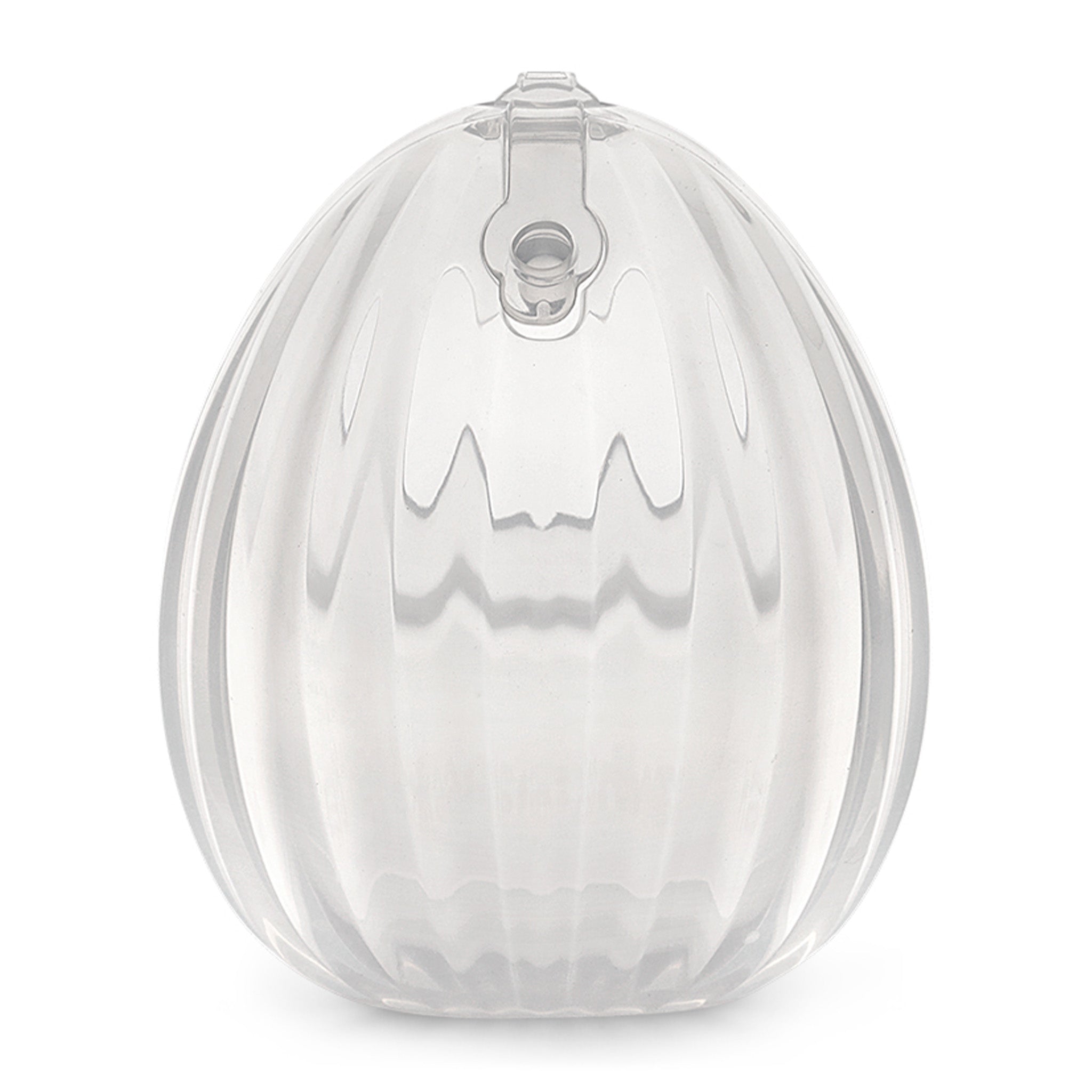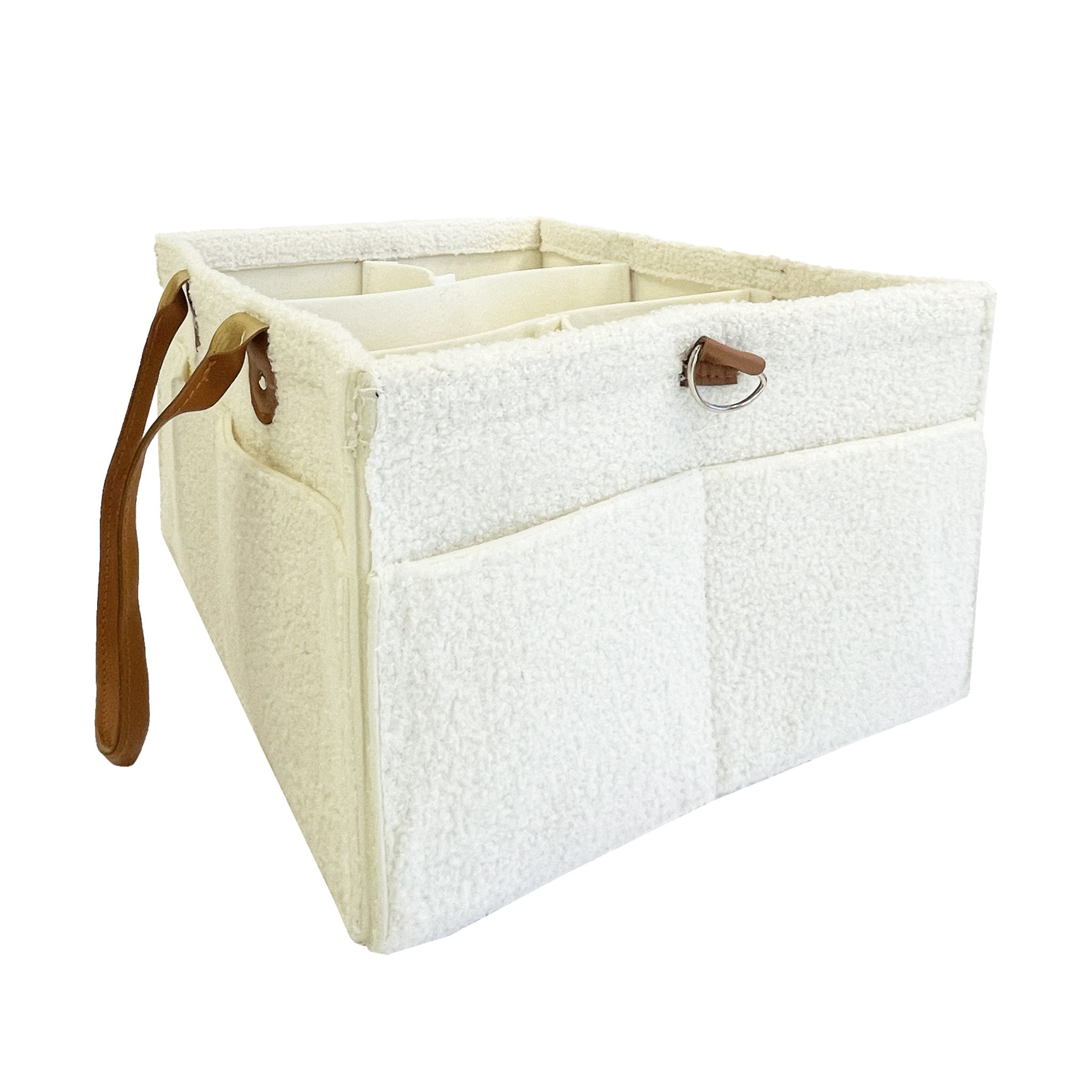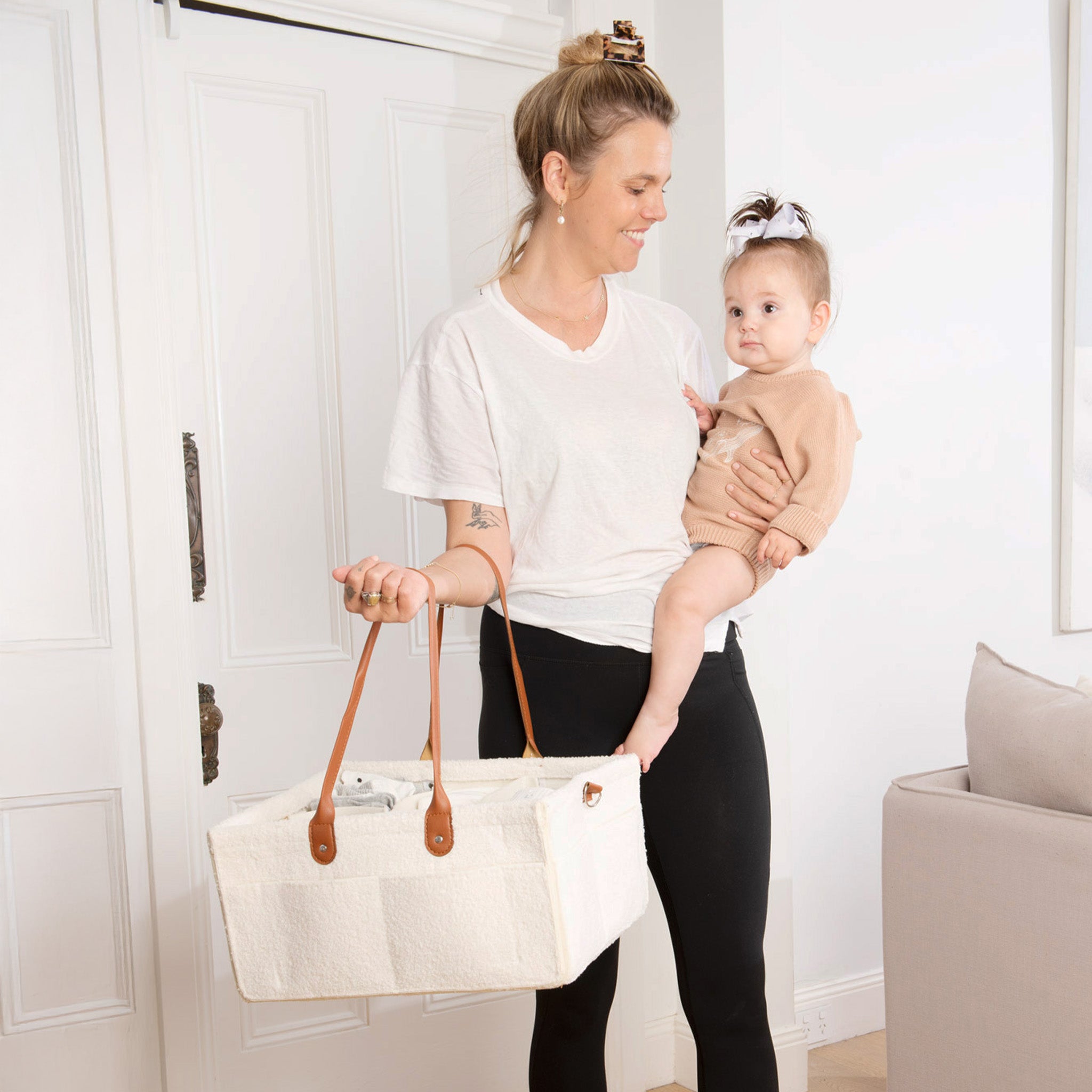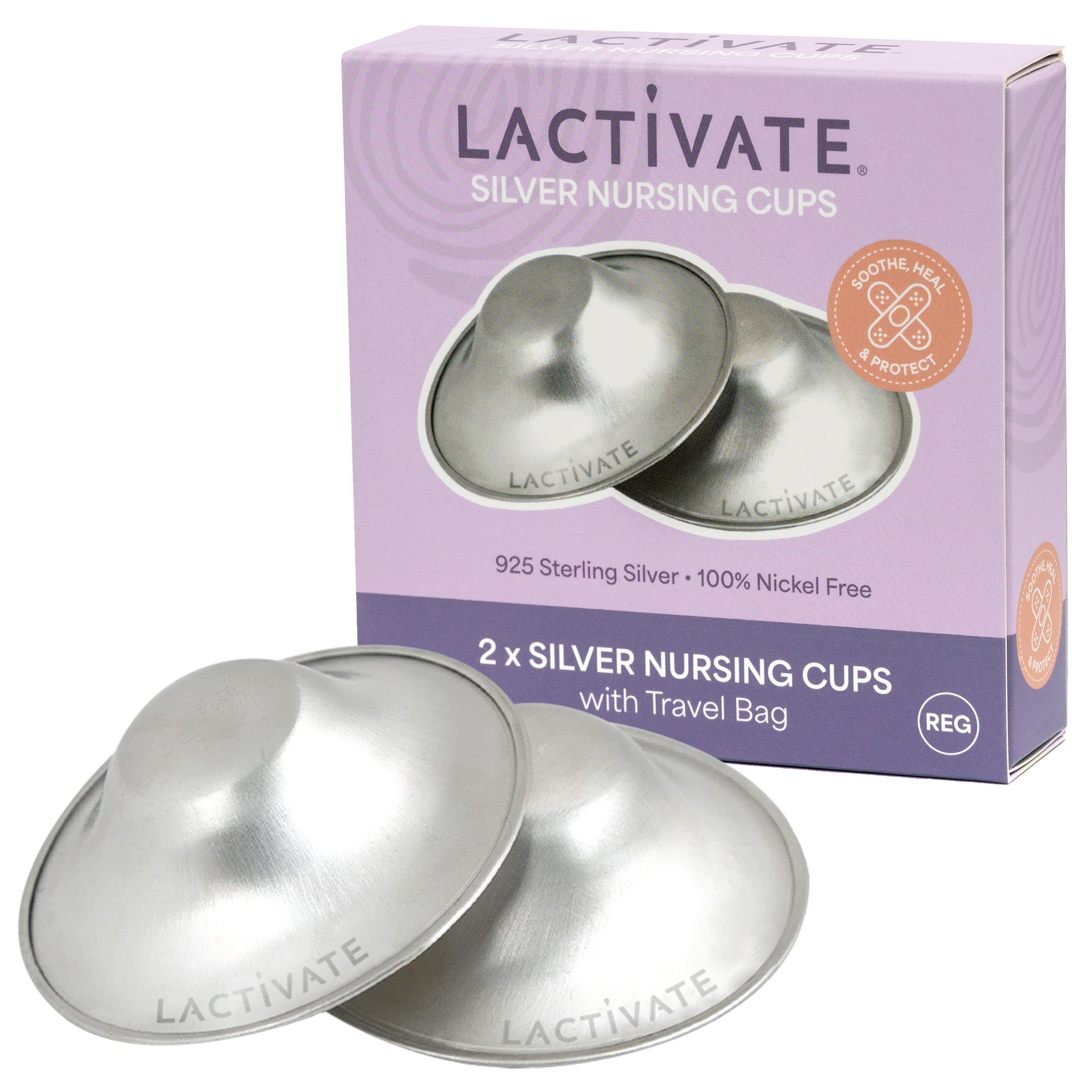If there is one thing that motherhood teaches us, it’s to expect the unexpected. Just when you think you've got things figured out, a loose routine in place, BAM, your little one decides to shake things up, just to keep you on your toes. This is especially true when it comes to nursing strikes. Prior to a strike, your bub was likely a card carrying member of the ‘I love boobie’ club. Milkies all day, every day. You possibly even wished they’d ask a little less when, seemingly overnight, they suddenly aren’t interested. AT ALL. That, my friends, is a nursing strike.
Wondering what exactly a nursing strike is, why it happens and how can you deal with it? Read on to find out more.
What IS a nursing strike anyway?
Put simply, as the name suggests, a nursing strike is when your baby or toddler decides that they don’t want to breastfeed. Sometimes referred to as ‘breast refusal’, a nursing strike will typically occur in babies beyond the newborn stage who were happy to breastfeed.. until suddenly they weren’t, taking everyone (especially their mum) by surprise! Typically, when ‘on strike’ your little one will latch on, suck a couple of times before pushing away and refusing to continue the feed or refuse to latch on completely. Bewildering? Yes. Upsetting? Also yes. Thankfully, a nursing strike is usually short lived but it doesn’t make it any less frustrating to deal with. Next, we will take a look at why it might happen and some strategies for returning your babe to the boob.
Why does it happen?
A nursing strike can occur for a whole host of reasons. Some are easy to work out, others may leave you scratching your head. Generally, the causes of a nursing strike can be divided into two groups: baby-centric reasons and mum-centric reasons. Let’s take a look at the baby-centric reasons first
Baby-Centric reasons for a nursing strike
Baby-centric reasons for a nursing strike refer to reasons that are primarily due to your baby and whatever is going on with them, as opposed to something that might be happening with milk flow or your own body. They include:
- Teething
- Not feeling well, especially if the sickness involves a stuffy nose/sore throat/sore ears
- Distracted or over-stimulated - This can be especially common in older babies and toddlers.
- Full from other food and/or drink
- Over-tired
- Uncomfortable due to heat or other environmental factors
Much like adults, if your bub isn’t feeling well, has a sore mouth from teething, has a full belly or is just super busy and engaged in other activities, food may not be at the top of their priority list. The good news is that these factors tend to resolve themselves relatively quickly (usually within 48-72 hours). If your bub is hydrated and otherwise happy enough, you don’t need to stress yourself out. They WILL return to the breast (more on that shortly).
Mum-centric reasons for a nursing strike
Sometimes, without even realising, your body will change things up. You won’t notice that your milk flow rate has changed or that it tastes different but your baby absolutely will.
Mum-centric reasons for a nursing strike might include:
- A change in supply - if your supply has dipped slightly, your milk flow and let-down might be slightly slower than usual which can frustrate your baby. Similarly, if you’ve had an over-supply of milk or a very active letdown that has started to regulate, your baby may be confused as to why they suddenly need to work a bit harder for their milk. This can cause temporary breast refusal.
- Hormonal changes - The return of your period and other hormonal changes (including pregnancy) can change the taste of your milk which can take some getting used to for your little one.
- A change in the way you smell - Perfume, a different brand of body wash, even swimming in salt or chlorine water can mean that you smell different which throws your baby off the scent (quite literally).
Just like with baby-centric reasons, the mum-centric causes of a nursing strike are usually reversible and/or short term. Your baby will adapt, it may just take them a little bit of time to do so.
What can I do?
One of the biggest tolls a nursing strike takes is on your mental and emotional health. It is completely normal to feel confused, frustrated, angry, maybe even a little bit rejected by your baby. Up until now, breastfeeding has been something special that helps bond you to your little one so having that completely go awry is bewildering. The good news is that a nursing strike will not last forever. There are also a number of strategies you can try to help encourage your baby back to the breast. When trying these strategies, the most important thing to note is to apply zero pressure to yourself and your baby (easier said than done, we know!).
- If you can work out why bub may not feel like feeding and it’s a reason that can be easily addressed (a blocked nose, sore ears, over-stimulation, distraction) try and correct these concerns as best you can.
- Try breast compressions - If a slower let-down is causing breast refusal, try gentle breast compressions (where you gently squeeze and compress the breast) to help trigger your letdown and get your milk moving.
- Take the pressure off - Don’t offer, don’t refuse. It can be tricky but try and take the pressure off by not overtly offering bub a feed but spending plenty of time cuddling and skin to skin. If you can, spend time topless with bub so that the option to feed is there if they want to take it.
- Use the power of sleep - a sleepy bub is far less likely to resist the breast than one who is wide awake. As your bub is drifting off or straight after they wake, offer the breast. Often, they’ll latch on before realising what they’re doing.
- Minimise bottles and cups - Ensuring your little one stays well hydrated is important but try and minimise how often you’re offering a full feed in a bottle and use cups for water/other liquid if possible.
- Switch positions - Even younger babies are very good at recognising breastfeeding cues. Picking them up or holding them a certain way will immediately indicate that a feed is imminent. By switching positions or letting your little one choose their own way to feed, you can sometimes override the strike.
- Spend time enjoying your little one - A nursing strike can put a lot of pressure on you as a mum. Try, where you can, to spend time hanging out with your little one and enjoying their company without thinking too much about when they’ll feed next. Taking a bath or shower together can be a great bonding activity and also offers the opportunity to feed without any added pressure.
The most important thing to remember? You are a great mum and you haven’t done anything wrong. This is just one of those parenting curve-balls that pop up along the way! You’re doing great!


